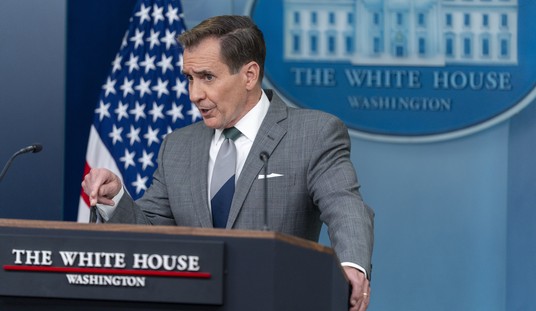Congressional Republicans led by Senator Mike Enzi of Wyoming have begun negotiating behind closed doors with liberals like Senator Dick Durbin of Illinois to raise Americans’ taxes. They introduced their internet tax as an amendment to a Senate small business bill, but that bill stalled. Now they are confident they can sneak the internet tax into a lame duck session of Congress, just in time for Christmas shopping. The tax sounds innocuous enough. The tax is hiding under legislation called the Marketplace Fairness Act. The Act purportedly just harmonizes state laws so internet sales are also taxed. After all, it is not fair that Amazon does not charge all its customers sales taxes. It puts them at a competitive advantage over mom and pop shops.Heck, I don’t shop online to avoid sales taxes. I do so for convenience and because I hate people and don’t want to interact with people in a store. (kind of kidding) I don’t really care if I have to pay sales taxes online. It just sounds so fair.As we’ve learned from Barack Obama, beware politicians peddling fairness. Republicans doing this are about to open a pandoras box and, behind closed doors, they admit they know it. Are you ready for your downloads from iTunes to be taxed?
The nation has thus far successfully shielded the internet from Washington taxation and regulation for decades, and the Marketplace Fairness Act would break the floodgates open. Even more troubling, the Marketplace Fairness Act establishes a pretty solid precedent that the federal government can step in to regulate state tax policy. After all, this legislation attempts to exert federal regulatory power over state internet tax policy with state complicity.Once Congress has opened the pandoras box of federally authorized internet sales taxes, it is only one step away from taxing internet downloads, not just goods purchased online.But here’s the other troubling thing. The Marketplace Fairness Act, for the first time, establishes a national sales tax. It does so by hiding behind the states. They told us the individual mandate wasn’t a federal tax either.Here’s the situation. As you may know, the Supreme Court has long held that a business has to have some physical nexus in a state to be subject to sales tax collections — an storefront, distribution center, etc. This is based on the fundamental principle of no taxation without representation. States have tried to weasel their way around this, but each state taxes goods in different ways. Some taxes, for example, don’t tax baked goods, but do tax candies, even if made in a bakery. So your cake is not taxed, but if you buy fudge at the bakery it is. And it’s not just states, there are over 7,500 different local tax systems, many with special tax holidays or exemptions for different products. Trying to move these varied tax systems to the internet would drive up the burdens of businesses online by forcing compliance with the various taxing schemes of 50 states.That actually puts a heavier burden on online vendors than brick & mortar local vendors, who only have to comply with the taxes of the state they reside in. Then there are the compliance costs. How does a candy company in Georgia that sells fudge to someone living in Iowa handle a tax dispute with Iowa tax authorities? MFA would destroy the concept of states as laboratories of democracy that allow businesses to move between states based on better business environments. Today, a business located in New Hampshire charges no sales tax, but if MFA passes, overnight they could be forced to collect taxes for dozens of states with no escape. Now, let me explain what is really going on here. States have grown huge and bureaucratic. Instead of downsizing and becoming more efficient, states have decided to just look for a new tax scheme to fund the leviathan. They see online sales as the way to go. iTunes downloads will be next. Congressional Republicans are helping.But consider that there is a carve out for businesses that sell less than $500,000.00 a year online. As Senator Jim DeMint notes this is a pretty good admission that the law will be a burden on businesses.Proponents of MFA also like to brag that Amazon now supports their internet tax bill after years of opposition. That’s true, but there is a simple reason why: Amazon’s future business model of same-day delivery requires them to have distribution centers in nearly every state in the nation. You see, MFA won’t affect Amazon, because like Target or Walmart expanding to every state, Amazon will be forced by current law to collect sales taxes. So of course Amazon now supports MFA, this is nothing more than a big corporation using Washington politicians to punish their competition, like the many small business sellers on Ebay.Senator Enzi and the Republicans joining him should be ashamed that they are willing to open a new front in Congress’ quest to tax everything. The Marketplace Fairness Act should really be called the Marketplace Fleecing Act.














Join the conversation as a VIP Member